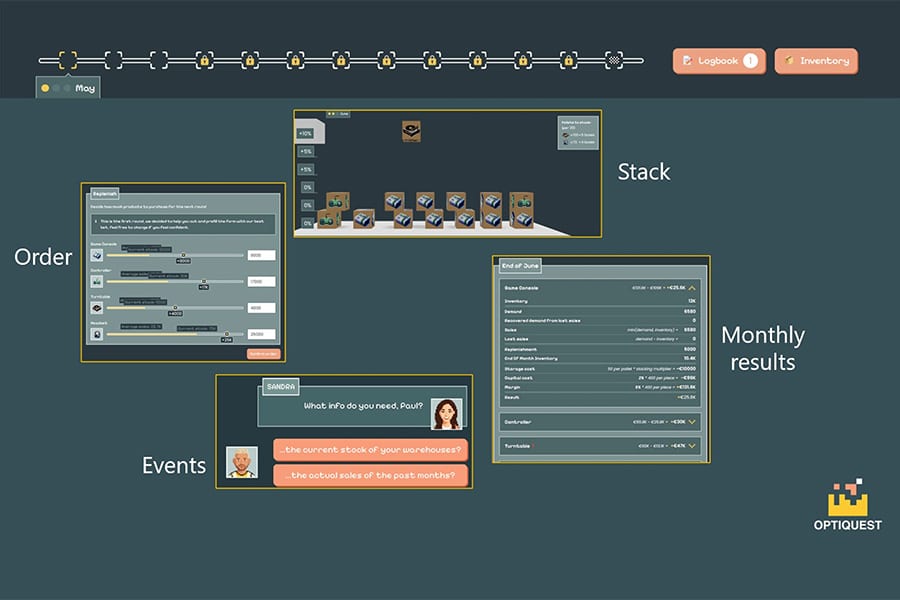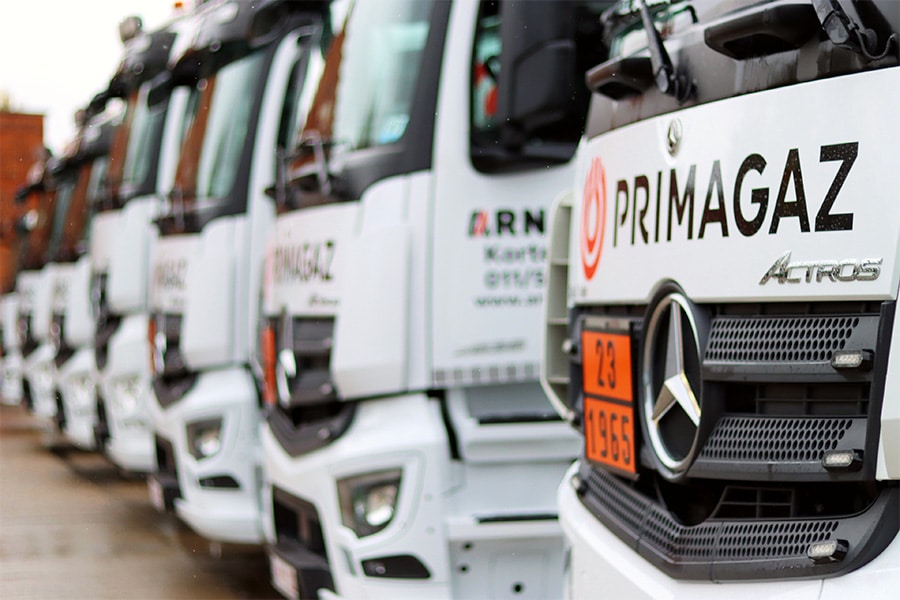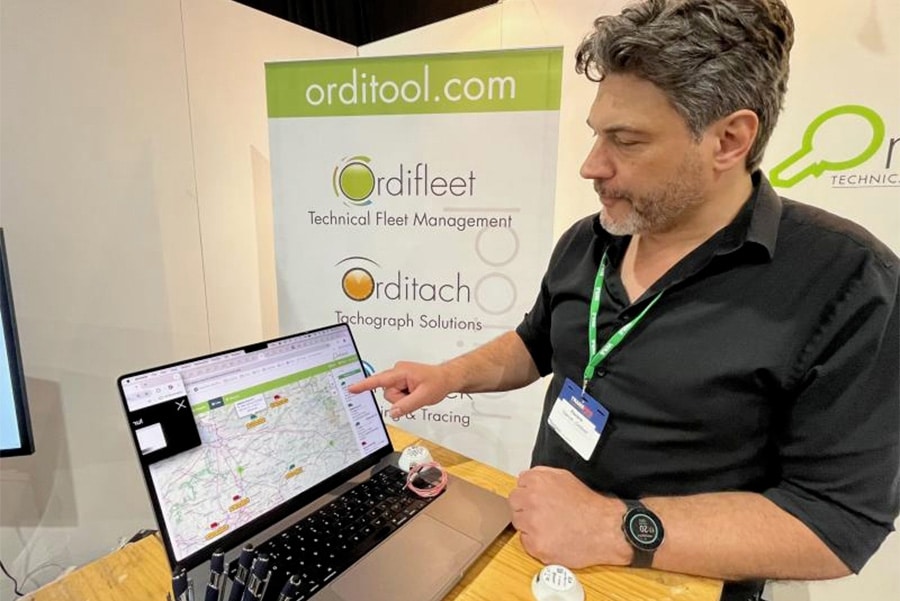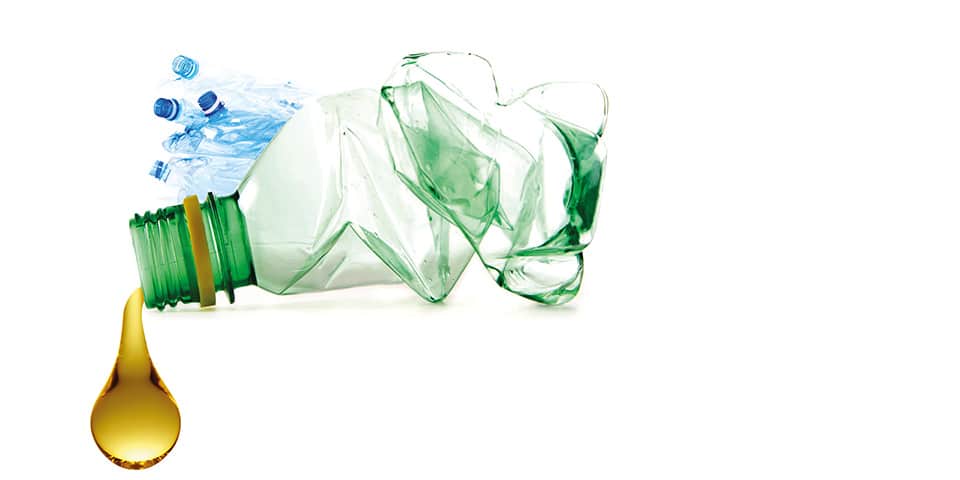
Renewable oil from plastic: an important step toward less-environmentally damaging fuels
Also within the GWW is a lot of work on new business strategies that focus on more CO2-saving and less environmentally damaging fuels. Especially companies that need to score on MKI (Environmental Cost Indicator) values and parties supplying the government need emission-saving diesel. These include transportation companies and road construction companies.
To meet the high demands of the climate agreement, companies like these are all looking at ways to minimize their environmental impact. To that end, fuel supplier Den Hartog BV is participating in the Dutch-Belgian consortium that will build "the first cost-effective oil-out-plastic plant. Den Hartog is a South Dutch family business where quality is paramount. With a large stock of fuels in its own depot (as much as 23 million liters) and transport and drivers under its own management, Den Hartog is known as a reliable and solid supplier of high-quality motor fuels and lubricants (including Mobil).
Powerful combination
Niek Roessink, Business Development Manager at Den Hartog BV says: "In addition to our company, the Dutch-Belgian consortium further consists of contractor and technical service provider Joh.Mourik, its subsidiary Petrogas and the Belgian waste processor RenaSci. With its BlueAlp business vision, Mourik has the patent on the new plastic-to-oil process, Petrogas is responsible for the construction of the new plant in Ostend (B), RenaSci is the party that understands waste processing concepts and Den Hartog has knowledge of marketing CO2-saving fuels. A powerful combination of parties who are collectively convinced that the plant can be profitably operated."
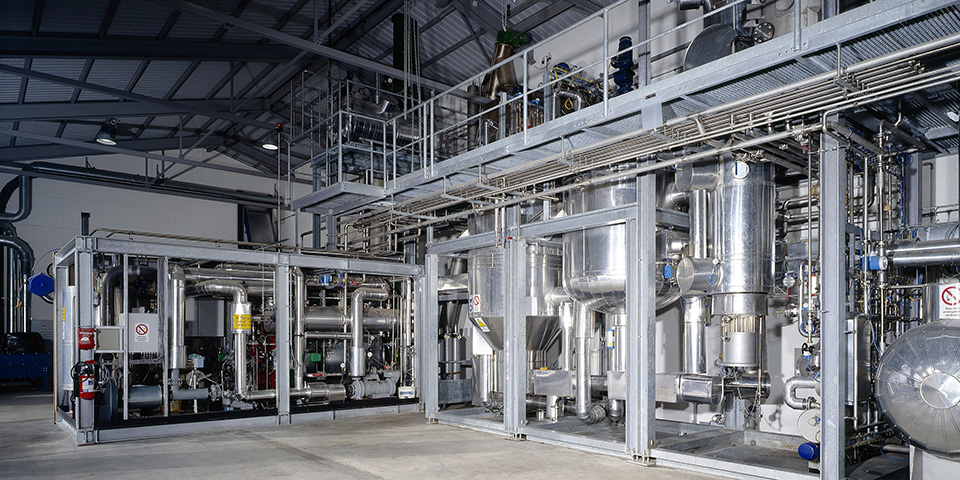
The first profitable oil-from-plastics plant in Ostend (B) is under construction. Starting next year, oil will be extracted here from difficult-to-process plastics, with the CO2-emitting diesel as the end product. (Image: © Den Hartog)
Proven technology
Now under construction, the new recycling plant will start extracting oil from hard-to-process plastics such as agricultural plastics and foils, which are currently incinerated or landfilled, starting next year.
The BlueAlp technology has been tested, demonstrated and proven successful in use at a pilot plant in Switzerland, however, that plant proved too small to run profitably. The innovative patented process that converts plastic to oil can yield different types of oil. "The main product is EN590-based diesel. And exactly that process we are thus applying in the new oil-out-plastic plant in Ostend. With an annual processing capacity of 21,000 tons of waste plastic, the expectation is that this plant will run at a profit. Especially since the oil-to-plastic plant is part of an overall waste processing ecosystem," Roessink adds.
Future
"It's nice that we are also becoming a producer of low-carbon fuel ourselves for a bit, although we only participate in the oil-out-of-plastic part within this whole concept. In this way we are giving further substance to our corporate strategy, which focuses on more CO2-saving and less environmentally damaging fuels. It is also a fact that fossil fuels are finite. Combine that with the developments in politics and in the market and you can see that this fits in perfectly with our philosophy. We want to stay relevant, don't sit still and will therefore always keep looking for new opportunities to provide our customers with fuel as well as appropriate advice." Roessink says the new 'diesel-out-of-plastic' fuel will have a place in the CO2 Saving Diesel line. "Within this line are several CO2-saving fuels can be found including high blends of biodiesel that meet all standards. These fuels can produce up to 89% of CO2 save money and are thus an attractive alternative for our customers," he concludes.
